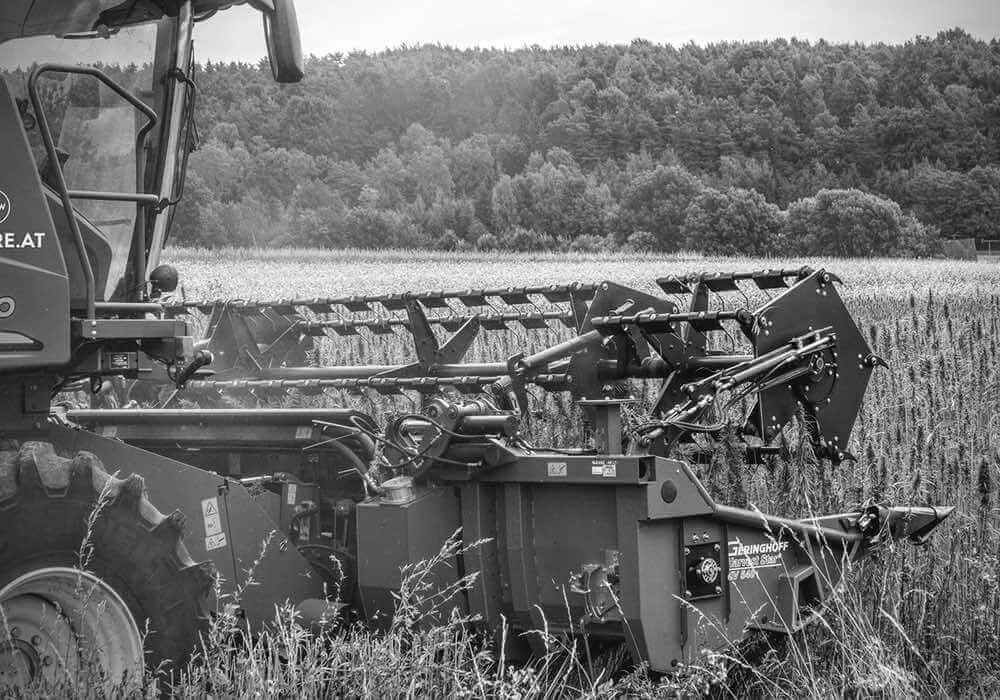The cannabis plant contains over 480 known active ingredients and more than 60 cannabinoids. CBD stands for cannabidiol and THC for Δ-tetrahydrocannabidiol. Both are important active substances and ingredients of the hemp or cannabis plant, which is grown naturally. CBD and THC have different effects on the human endocannabinoid system and thus have different effects. This article discusses the differences and looks at the production of legal cannabis oil.
THC vs. CBD
THC is the most abundant cannabinoid in the cannabis plant and the psychoactive main component of marijuana, which means it has been shown to have effects on the human psyche. In most countries, products containing THC are widely considered narcotics and are therefore usually illegal.
CBD is the second most abundant cannabinoid in the cannabis plant. CBD oil has no psychoactive effects and THC is only present in permitted maximum amounts for personal use according to EU standards. CBD affects other receptors such as serotonin and adenosine, which can play a role in regulating body temperature and pain sensation, as well as having an effect on inflammation. To learn more about the effects of CBD click here. CBD and THC interact in the body, and CBD is known to attenuate or even neutralise the psychoactive effects of THC.
Winning cannabis oil - The manufacturing process
The industrial hemp from which CBD products are made comes from the botanical family "Cannabis Sativa Linnaeus". This CBD extract is obtained by distillation (thermal separation process to obtain vaporised liquids). Vaporised liquid is produced by the maceration of hemp flowers in alcohol, in which all contained cannabinoids are dissolved. The resulting macerate is then mixed with hemp seed oil in a specific ratio.
Controlled hemp production
In Austria and Germany, hemp is grown industrially exclusively in a controlled manner. The CBD oil is extracted from hemp plant varieties for which there is a special approval process. About 80 commercial hemp varieties are approved throughout Europe. Only certified farmers are allowed to cultivate these varieties and only certified seeds may be used. When sowing, it must also be proven that the THC content of the variety in question does not exceed the specified value of 0.2 percent. This is because for all finished end products there are legal guideline values for the permitted maximum content of THC contained therein. Cannabis oil with a THC content of more than 0.2% is officially considered psychoactive. Thus, a maximum of 0.2% of the total product may consist of THC. In these cases, the THC content is so low that the effect is completely neutralised by the higher dosed CBD. Thus, no "high" or intoxicating feeling is to be expected from the user.
In summary, it must be said that although CBD products may contain THC, the proportion of THC in the end product is so low in over-the-counter products that no intoxicating effect or similar is to be expected. Image: A-Ware







